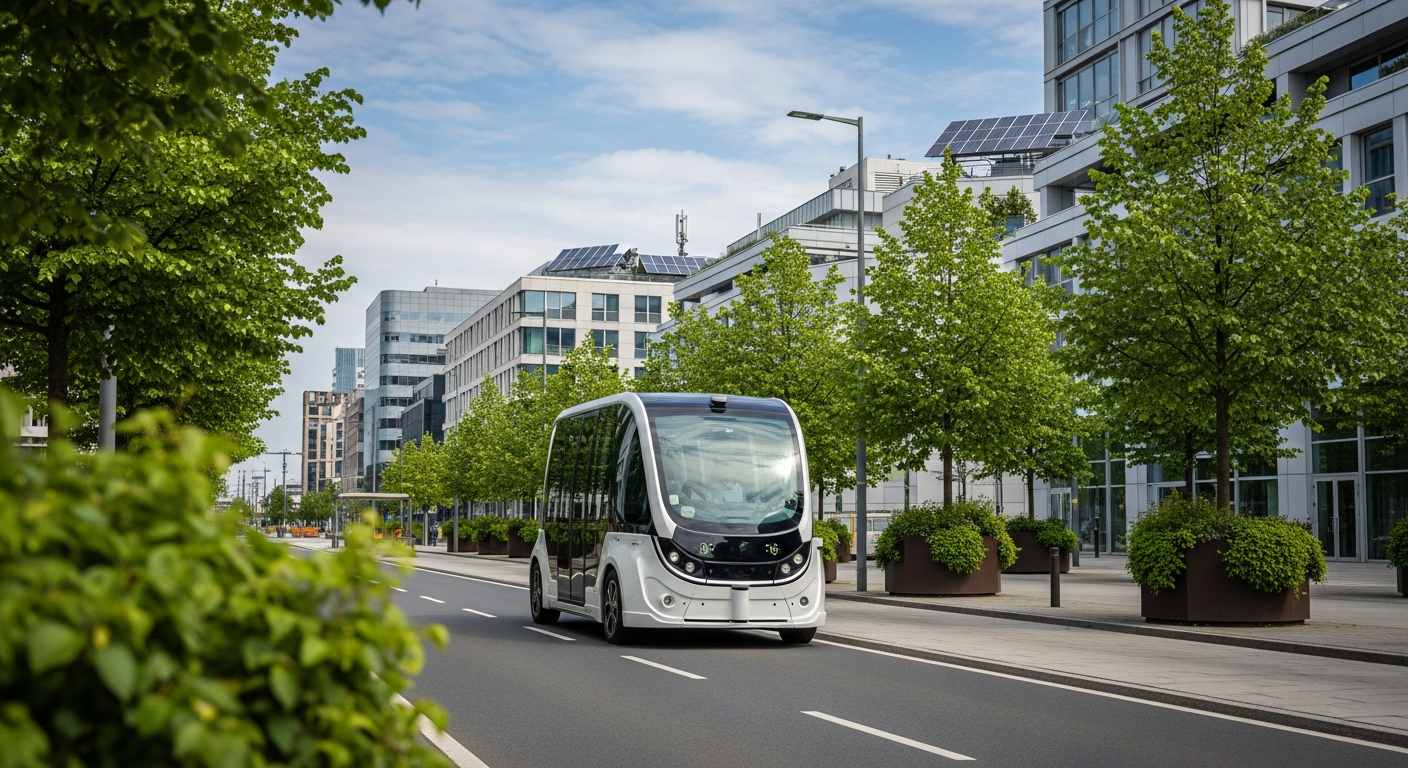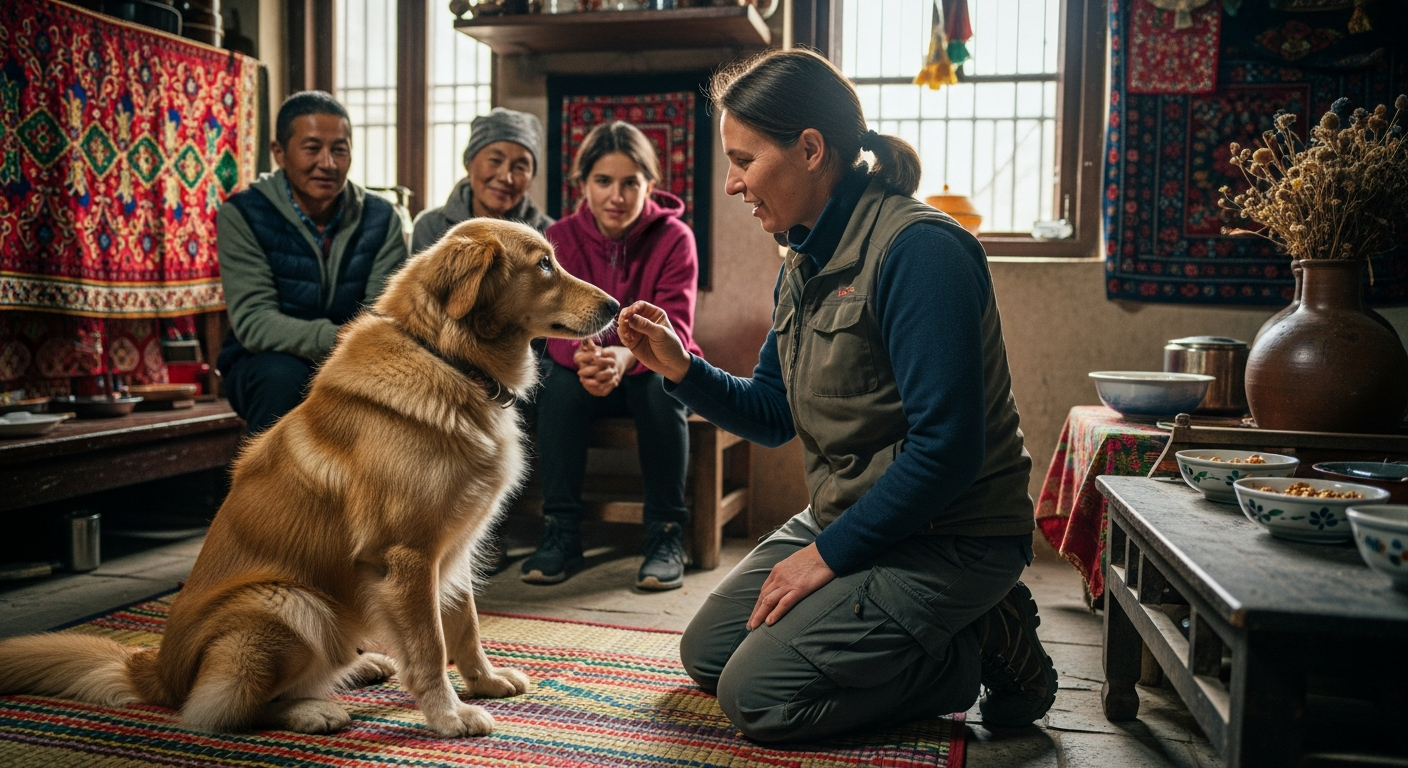The Emergence of Slow Living: A Societal Shift Towards Mindfulness
In a world that's constantly on the move, a new trend is emerging: slow living. This lifestyle choice, which prioritizes mindfulness and intentionality, is gaining traction as people seek to escape the relentless pace of modern life. Read below to explore this fascinating societal shift.

The Roots of Slow Living
The slow living movement has its roots in the Slow Food movement of the 1980s. This Italian-born initiative was a reaction against the fast-food culture, emphasizing the importance of quality over speed. Over time, this philosophy expanded beyond food, evolving into a broader lifestyle choice known as slow living.
Slow living is about more than just taking things easy. It’s about making conscious decisions, appreciating the moment, and prioritizing quality over quantity. It’s a response to the fast-paced, consumer-driven culture that dominates much of the world, offering an alternative that values sustainability, well-being, and mindfulness.
Slow Living in Today’s Society
In today’s society, slow living is becoming increasingly popular. This trend is evident in various aspects of life, from the rise of mindfulness practices to the growing popularity of minimalistic living. People are seeking ways to disconnect from the constant noise of the digital world and reconnect with themselves and their surroundings.
This shift towards slow living is also reflected in the growing interest in sustainable and ethical consumption. People are becoming more conscious of the impact of their choices, opting for products and services that align with their values and contribute to a more sustainable future.
The Impact of Slow Living
The slow living movement has significant implications for society. On an individual level, it promotes mental and physical well-being by encouraging people to take time for themselves and focus on what truly matters. It challenges the notion that busyness equals productivity, offering a more balanced approach to life.
On a broader scale, slow living can contribute to societal change by promoting sustainable and ethical practices. It encourages people to question the status quo and make choices that are beneficial for both themselves and the planet.
The Future of Slow Living
As society continues to evolve, the slow living movement is likely to gain even more traction. People are becoming increasingly aware of the need for balance and sustainability, and slow living offers a way to achieve this.
However, it’s important to note that slow living is not about rejecting modern life entirely. Instead, it’s about finding a balance between the fast-paced demands of the modern world and the need for mindfulness and intentionality. It’s about making conscious choices and living in a way that aligns with one’s values.
Conclusion
The slow living movement represents a significant shift in societal attitudes and behaviors. It challenges the fast-paced, consumer-driven culture that has dominated much of the world, offering an alternative that values mindfulness, sustainability, and well-being. As people continue to seek balance and meaning in their lives, slow living is likely to become an increasingly important part of the societal landscape.






